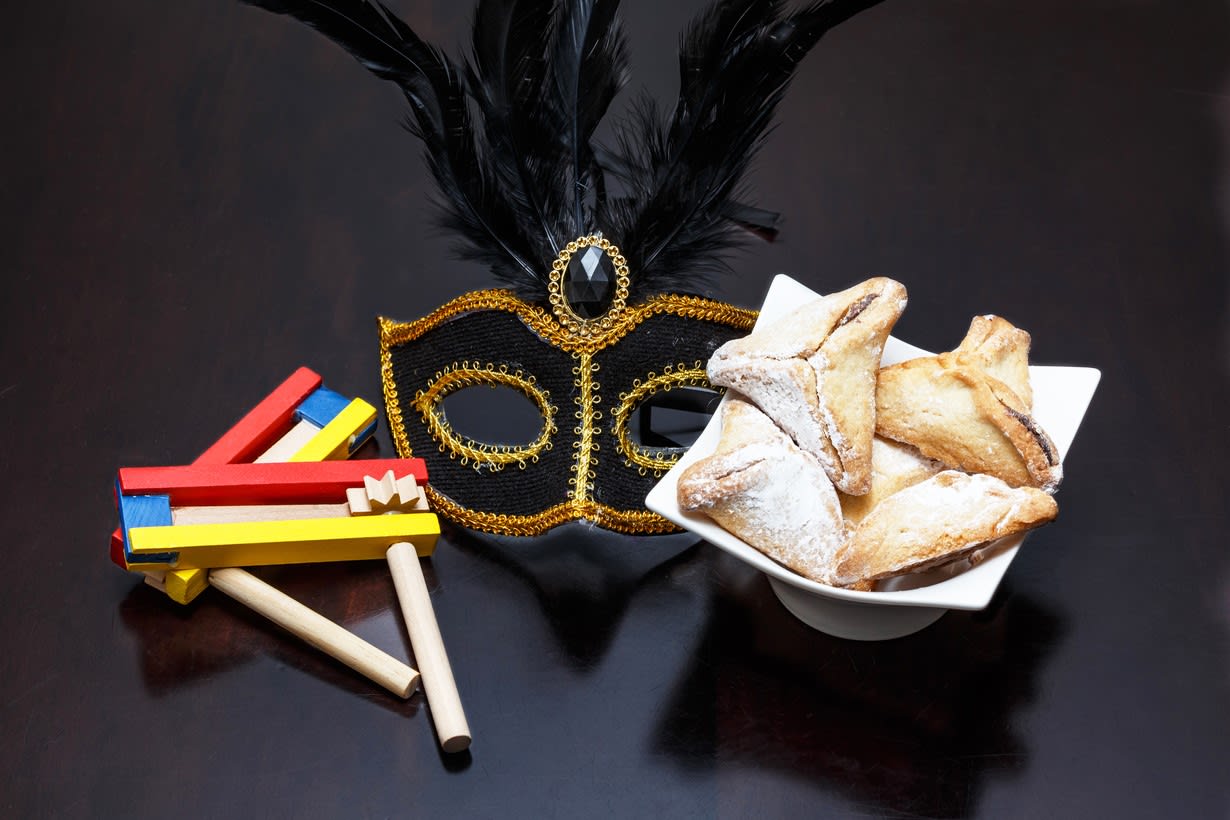Megillat Esther is not just a story, let alone a simple one. There are lessons to be gleaned that can help us to address issues that are eclipsing life.
Let’s begin with Haman the vizier who was able to pass a decree calling for our annihilation. How did we Jews ever get ourselves into the predicament that allowed this?
We Jews were partying just as hard and together with the other peoples of the empire at the food and drinking carnival called by King Achashveirosh. A guy from the “other side of the tracks,” Achashveirosh conquered the lands, yet his hold on power was tenuous at best. He threw this obscene party lasting for 180 days in order to secure his power base. And we Jews jumped in at the deep end and became like everyone else, caught up in the debauchery.
One person remained separate and sane amidst this chaos. Mordechai, the descendant of the first Jewish king of Israel, refused to bow down to Haman. Furious and vengeful, Haman was off, intent on destroying us. Haman describes the Jews as having “laws different from those of every other people, and they do not keep the king’s laws, so that it is not appropriate for the king to tolerate them” (Megillas Esther 3:8).
Jewish law makes room for Torah Jews to recognize heads of states and other leaders. What made Mordechai defiant in the face of Haman?
Some commentators comment that bowing down to Haman was akin to idol worship. Others point out that Mordechai, symbolizing the Jewish people, refuses to show any honor to Haman, the epitome of our arch enemy Amalek. In fact, Mordechai will complete the job left open by Shaul HaMelech, who failed to keep the commandment of eradicating Amalek when he spared the life of the King of Amalek, Agag. Mordechai is from the tribe of Binyamin (“Ish Y’mini”) and is descended from Shaul.
In any event, Mordechai has the spine and strength to carry himself as a proud Jew. His religious and moral compass guide him. He urges Esther, who must have had a lonely, miserable existence in Achashveirosh’s abode, to take on the leadership role of rescuing her people.
There’s a change at this point. The public Mordechai stops being the mover-and-shaker. He carries out the commands of Esther whose primary middah was one of silence. Until now. Esther’s metamorphosis from reticence into a clever leader who successfully strategizes the downfall of Haman and the saving of her people is awe-inspiring.
I’ll leave it the political commentators, pundits and others to draw comparisons between the events of Megillas Esther and life in the 21st century during a U.S. presidential election year. What strikes me though is that we Jews are a people who are separate and not equal. We are unlike the other nations of the world. Our Torah guides us and propels are forward so that we can maximize our time in this world.
At this time, I am taking the opportunity to urge people not to drink excessively on Purim. Overdrinking is unbecoming. Today’s world is filled with physical, emotional and spiritual pain. Adolescents and young adults from all walks of life and from the most stable of homes are becoming prey to the cheap and commonplace availability of booze and drugs.
What’s the antidote? Be proud to be Jewish. It’s uncanny how Megillat Esther is as relevant today as it was when the events unfolded in Shushan. Let’s learn from Mordechai who was committed to our Torah while also involved in the highest levels of society yet there was a separateness that he cultivated. That separateness is why we the Jews are still here in 2020.
As always daven.
The words of this author reflect his/her own opinions and do not necessarily represent the official position of the Orthodox Union.

